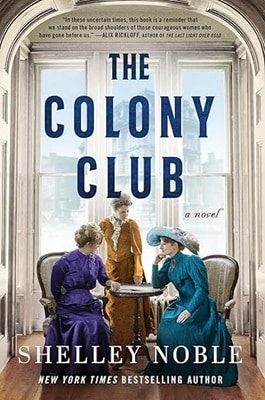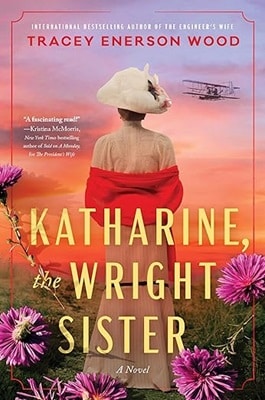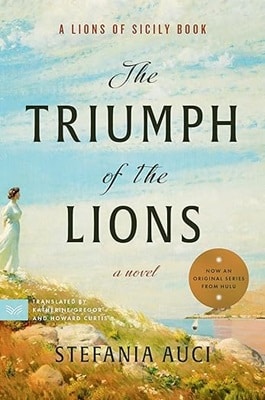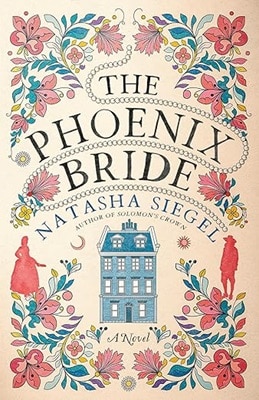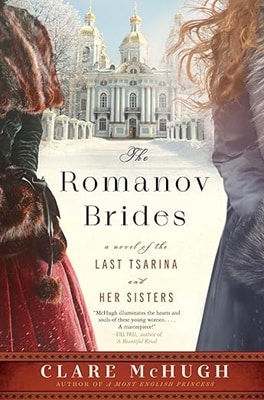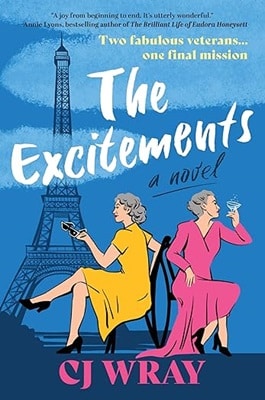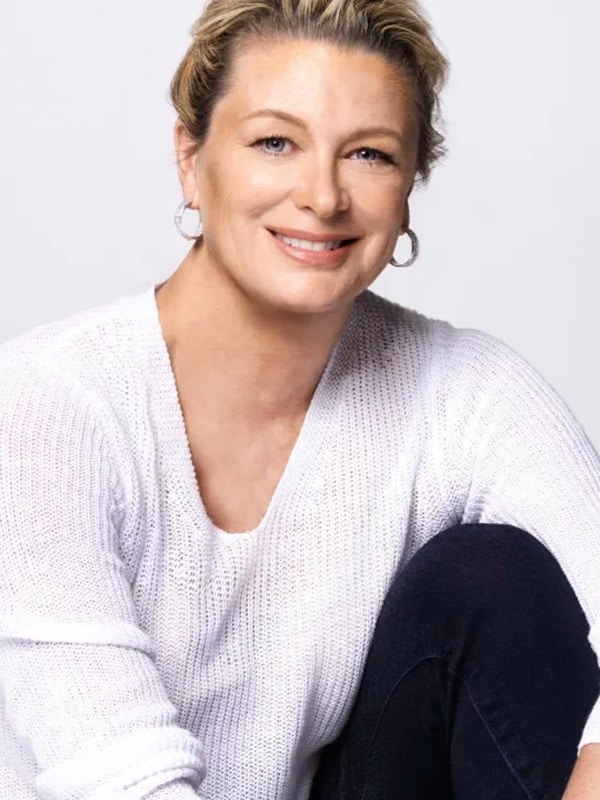
Kristin Hannah is the award-winning and bestselling author of more than 20 novels. Her newest novel, The Women, about the nurses who served in the Vietnam war, will be released on February 6, 2024.
The Four Winds was published in February of 2021 and immediately hit #1 on the New York Times, Wall Street Journal, USA Today, and Indie bookstore’s bestseller lists. Additionally, it was selected as a book club pick by the both Today Show and The Book Of the Month club, which named it the best book of 2021.
In 2018, The Great Alone became an instant New York Times #1 bestseller and was named the Best Historical Novel of the Year by Goodreads.
Q: Why write about Vietnam vets now?
Kristin: I have wanted to write it for quite some time. It has been on my mind for a long while. I wanted to focus on returning from war. I saw this personally when I was a child. I think for a long time Vietnam was a subject people did not want to read about or talk about. I sought to show what life was like in the Vietnam hospitals with its horror, difficulty, and camaraderie. On a book tour, I was told by both male and female Vietnam vets and their children how this was an unspoken trauma in their family for over fifty years. If the book helps in some small way this makes me happy.
Q: The female lead, Frankie, a Vietnam vet, seems to have the same journey as many vets who come home and feel misunderstood. Agree?
Kristin: It is a sad truth that we have often failed our veterans upon their return in how we care for them. This has been my soapbox for a while. If we as a country are going to ask people to put themselves in harm’s way for us, it really behooves us to care for them fully when they come home. This is especially true of female veterans who are often forgotten in this equation.
Q: Your earlier book, Home Front, was similar but focused on a war on terror vet?
Kristin: My passion for wanting to focus on returning veterans led me to write Home Front. This was the beginning of my gearing up to write this book, The Women. By speaking with a Blackhawk pilot who deployed, Teresa Burgess, a warrant officer, helped me to find authenticity. She also helped me to understand when women are considered in combat and when they are not. This idea that someone can be a Blackhawk pilot rescuing soldiers in a hot landing zone and not be considered in combat just stayed with me. One of the things the Vietnam nurses heard when they came home and tried to get help for their emotional trauma, “well you were not in combat so why would you have any issues.”
Q: Your dedication in The Women was very powerful. Do you want to explain it?
Kristin: It summarizes the book. It is my discovery of why I wrote this story. It was shocking to see that even the male Vietnam vets brushed off what nurses went through. The women were continually confronted with their invisibility and lack of remembrance for their service even by the VA and those who should have known better. Women have served as nurses in wars for ages. It was weird to me how consistently they were overlooked. They have been marginalized or forgotten.
Q: You do explain that the Vietnam veterans, unlike other vets, were treated horrifically, which included being called baby killers, being flipped off, and spat upon. Why put it in?
Kristin: This is why I wanted to write about the Vietnam era. As a child, I remember how they were treated when they came home. My best friend’s father was shot down and I wore his POW bracelet for decades. This stayed with me. I always wanted to write about this terrible and dark period of American history because it’s so important for healing, individually and as a nation. We need to recognize and remember their service. I think in many instances they lived in the shadows about what they went through.
Q: You also delve into PTSD?
Kristin: Remember, this is a time when there was no help for PTSD for the men either. This is the beginning of the treatment and the understanding of it. The male vets faced daunting challenges to getting help as well, especially in the late 1960s. These vets came home to a toxic American reaction to their service. I do not think it can be overstated about how it affected their healing and wanting to get help. This was entirely new. The WWII vets came home to ticker tape parades of gratitude and honor, while the Vietnam vets, both male and female, came home to horror.
Q: Do you think PTSD played a huge role in the book?
Kristin: In my first draft, I did not include it because I wrote about it before in Home Front and The Great Alone, the dark side of PTSD. But the truth is, in reading about the Vietnam era vets, it felt wrong not to talk about this journey of theirs including emotional trauma, flashbacks, nightmares, and responses they did not understand. There was this layer of shame and silence that overlaid their service. I had to have Frankie experience what so many of her sister and male counterparts experienced.
Q: Do you think wars now and in the past helped women who served be more empowered, many breaking the glass ceiling?
Kristin: I agree. I met a woman who was a nurse over there, became a lawyer, and is now a judge in Southern California. She said that one of the things learned after being a nurse in Vietnam is that “we can do anything.” I thought how true and powerful. The women who I met have a wide range of careers. The 1960s was a time when women’s roles were much more prescribed, yet these women broke out of it and realized their own strength and power. Women should be able to do anything they want.
Q: How would you describe Frankie?
Kristin: I created Frankie to be a woman of her time, someone coming of age in the 50s and 60s. She realized her own strength but became broken by her Vietnam experience. Because of her lack of healing, she makes choices that destroy her. She must fight with her girlfriends at her side as well as her own self to become the best version of herself. She has learned from her mistakes, a survivor. At times very competent, angry, fragile, anxious, and unhinged. She is very smart, honest, and compassionate. Not necessarily all these things all at once, a before and after. When she came home to stateside after the war, she is fighting between the woman she was raised to be and the woman the Vietnam War turned her into. It takes her a long time to accept this new version of herself. She had to forge an unfamiliar and sometimes an unsupported path.
Q: What about the friends Ethel and Barb?
Kristin: Barb was the rebel rouser. They both are loyal and helped each other and Frankie. They are strong and believed in each other. This is a presentation of female camaraderie during war. One thing I always heard is that war can be the best of times and the worst of times simultaneously. The best of times is the friendships they made, and they felt they did something that mattered. Barb, Ethel, and Frankie were literally saving lives. This all comes together that created powerful bonds.
Q: You have a recurring theme in all your books?
Kristin: Yes, female friendship is something I cared deeply about. It is important to me that Frankie was healed by herself but also with her girlfriends. They saved her.
Q: What about Frankie’s relationship with her father?
Kristin: I found in my research how often these women who served felt unsupported by their own families, both on leaving and on returning. The father was part of the greatest generation who taught Frankie to be proud of her family’s military service. He was proud when his son went off to war, but embarrassed and ashamed when his daughter did the same thing. I think many women in Vietnam did not have the support of their own families.
Q: Frankie’s love interests: Jamie and Rye?
Kristin: Rye was Frankie’s brother’s best friend. Over the course of her in-country and at-home life, she falls in love several times. Some of these love stories prove to be helpful and some are difficult.
Q: The way Jamie was described I thought of Robert Redford in the movie, “The Way We Were”- do you agree?
Kristin: Me too. I said in the book that he looked like Robert Redford in the movie, “This Property Is Condemned.”
Q: Did the movie or TV show MASH come into your mind?
Kristin: I mention it in the book because it came out in 1972/73. I grew up watching it. It took me a while to figure out what war they were talking about. I was astounded by those who said, “there were no women in Vietnam,” considering MASH was on. Women have served as nurses throughout wars. How is it that these women were completely forgotten, even by the people who ought to know better?
Q: The emphasis in the book is that those women who served in Vietnam were forgotten?
Kristin: And they were not thought about. I saw this cartoon where someone pulled a military uniform out of the attic, and someone asked when did your grandfather serve. They responded, “it was my grandmother.” It is so indicative to me that people automatically think soldiers are just male. There were over 10,000 women serving in Vietnam.
Q: Is The Nightingale still going to be made into a movie?
Kristin: It got stalled for a couple of years because of the pandemic and then got tripped up because of the writer’s strike and the actor’s strike. I think we are finally on track to film in 2024, fingers crossed.
Q: Do you have any control over your books being made into movies?
Kristin: Control is not a word I would use. For The Nightingale, they have been good about keeping me involved that includes me reading the script and giving input. This is as much as I can hope for as a novelist since I do not want to do the heavy lifting. So, I must give up control to the people who hopefully know what they are doing.
Q: Is this book, The Women, going to be made into a movie?
Kristin: Warner Bros. has picked it up and they want to do a big screen. I do not have control, but I do have input. I feel very much I am a part of the team, and this is a great feeling.
Q: Next book?
Kristin: Right now, I am thinking about some things.
The Women by Kristin Hannah is yet another home run. It has become obvious for those who have read her books she must own stock in Kleenex because people will go through a tissue box. The novel is split into two parts: During the Vietnam War and after.
The story has a twenty-year-old, Frances “Frankie” McGrath, after finishing nursing school, deciding to serve in Vietnam as an Army nurse. Nothing can prepare Frankie for what awaits in Vietnam, a chaotic and destructive environment.
Her story shows how the friendship grew between three American military nurses serving in Vietnam: Frankie, Barb Johnson, and Ethel Flint, where they became a sisterhood.
These women served and sacrificed so much yet were dismissed and seamlessly forgotten. Vietnam was a dark thorn in American history, but it is also a tragedy the way those who served were treated when they came home. Through Frankie’s eyes readers can take a journey with her, going through bad times and ending with hope.
It is a story about patriotism, friendship, and remembrance. These women who served in Vietnam were not only strong, but also courageous. As Hannah so brilliantly points out they should not have any shame, because it all belongs to Americans who mistreated them.

